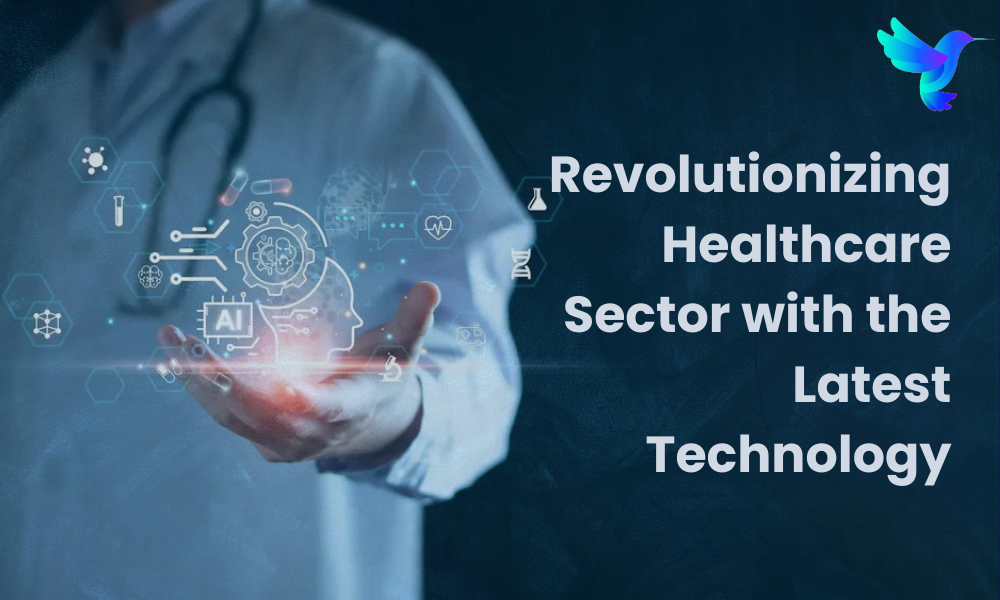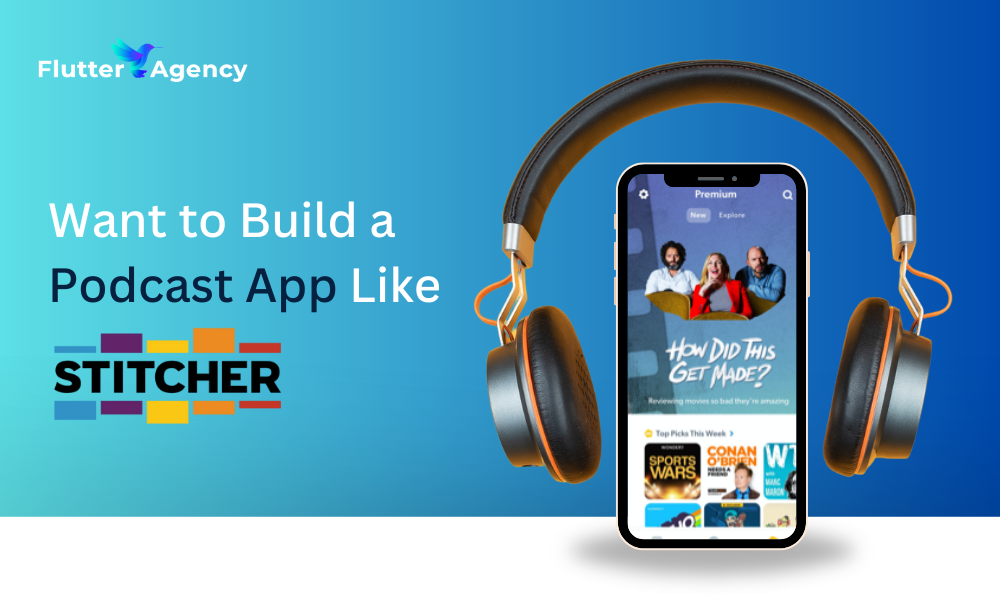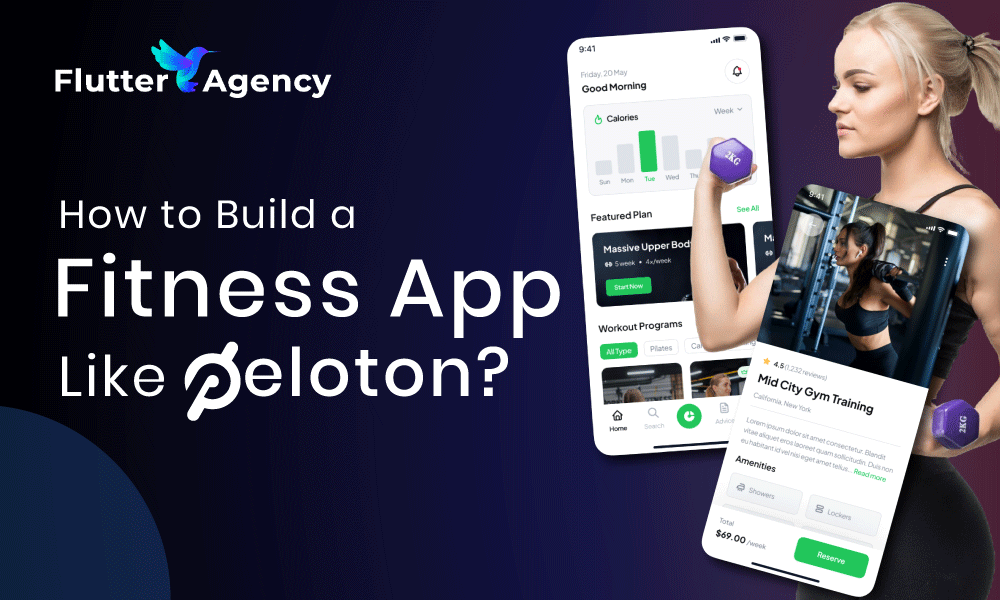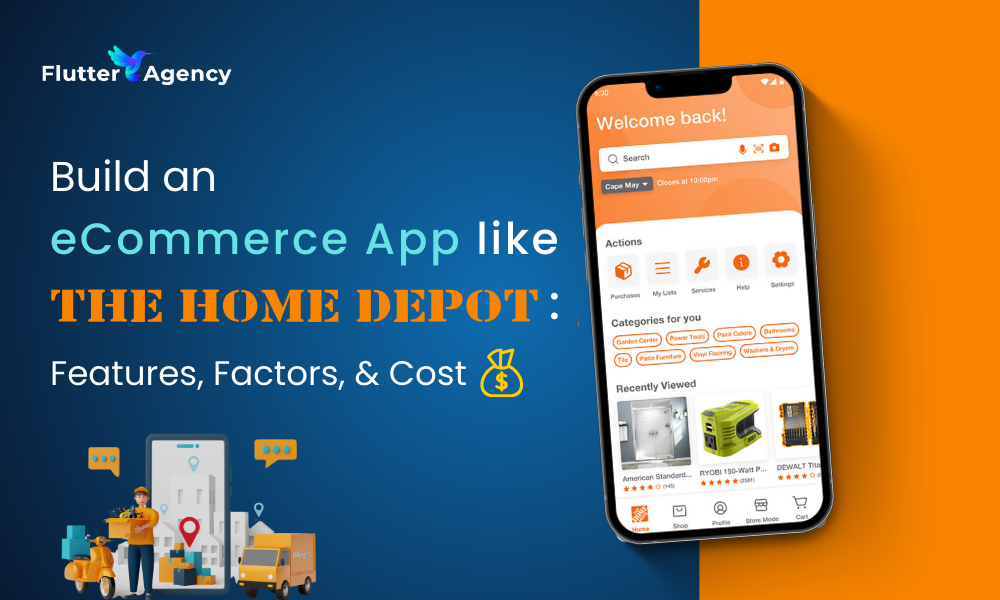Revolutionizing Healthcare Sector with the Latest Technology
The healthcare industry is constantly evolving from the widespread adoption of the latest technologies like wearable health gadgets and medical robotics to an ever-changing landscape of regulatory approvals. Hence, healthcare professionals will remain on top of the advanced trends in the firm to stay forward in the competition. Therefore, by doing so, you can identify what opportunities their organizations require to integrate into the growing business and have improved patient care and the well-being of employees.
This blog will learn the well-known ten healthcare technologies that will significantly impact the healthcare firm in 2024.
Healthcare Technology Market Overview with Statistics
The global healthcare services market grew from $7,499.75 billion in 2022 to $7.975.87 billion in 2023 at a compound annual growth rate (CAGR) of 6.3%. Hence the healthcare services market is estimated to rise to $9,816. 85 billion in 2027 at a CAGR of 5.3%.
According to Statista, 722 medical devices were connected as portable in 2019. Hence, this number doubled from 325 million and is projected to increase by more than 1 billion in 2023.
According to the Report, the healthcare IT market reached around $320 billion in 2022, projected to reach $857.6 billion by the end of 2030.
Benefits of Technology in Healthcare
1. Faster and accurate access to patient records
The major benefit of technology in healthcare is the adaption of Electronic Health Records (EHR). EHR will be made patient health information instantly accessible to the providers and patients by supporting automated workflows between the technologies and people.
Patients are not required to call a doctor’s office to learn test results; it will simply review their EHR on the patient portal. The care teams can coordinate the decision-making by utilizing up-to-date information. The administrative staff spends less time shuffling paperwork and making phone calls to exchange data and information. Many of the technology providers initially recognize the issue of EHRs portability and give the EHR implementation that permits the easy adoption of the new and latest technologies.
2. Improved access to care
Healthcare access is an essential barrier to quality care. Distance, cost, and physical limitations often prevent patients from receiving the care they require and delay treatment. Hence, the providers can give the solutions that help them reap the advantage of technology in the healthcare sector.
3. Better diagnostics
Technology has improved diagnostics, from accuracy to speed and accessibility. Diagnostics are vital in addressing one of the huge problems in healthcare: chronic illness. Illnesses such as heart disease and diabetes are prevalent in the US, but technology helps to reduce their severity.
Also, Read This Post:
EMR vs EHR: Which one to select for your Healthcare App Development?
Leading 10 Healthcare Technologies to look in 2024
Technology in a healthcare organization opens new possibilities for medical professionals, treatment recipients, and patients. Leading healthcare app development services are prioritizing the development of solutions that will use one of the technologies listed below.
Let’s find out more about a trend impacting the healthcare industry.
1. Nanomedicine
It may sound like science fiction, but nanotechnology is slowly entering our daily lives. The app of nanotechnology in medicine is happening as we talk. The self-replicating robots known as the Xenobots are being created by scientists and are transforming nanomedicine.
It is imagined that 2024 will bring much revolutionary news in the field of nanomedicine. Hence, the nanomedicine industry has welcomed investors and has enormous potential.
Nanomedicine will use nanoscale materials and objects like biocompatible nanoparticles, nanoelectronics gadgets, or nanorobots for certain medical manipulations and purposes, like treating or diagnosing living things.
For instance, it can be used as the potential hunter for viruses or cancer cells, requiring the nanorobots to be injected into the human blood vessels.
Hence, this technology is expected to successfully merge genetic, oncological, or autoimmune diseases at a cellular level with tumors.
2. Artificial Intelligence and Robotics
In the last decade proliferation of AI in all firms has taken the world’s people by storm, and this trend is likely to continue. Hence, the app of AI in medicine ranges from increasing diagnostic accuracy to detecting disease.
The pandemic of COVID-19 has disrupted the healthcare industry, and radiologists have faced a great strain as computerized diagnosis has become the norm. In that situation, an AI-based system has eliminated the burden on radiologists by streamlining a diagnostic procedure.
AI algorithms can perform scans, identify patterns, and also give diagnoses. The tech giants like Google and IBM released AI-infused technologies that aid medical facilities in discovering data.
The industry will actively use AI-based tools to rapidly find new drugs and act as trends. In addition, AI chatbots are becoming popular in healthcare as they help consumers via email and phone support.
Many companies are combining AI in healthcare with robotics to develop virtual assistants for nurses and doctors. It helps doctors to give care without having close to a patient.
3. AR/VR in Healthcare
Augmented Reality and Virtual Reality are quickly evolving and are poised to affect the healthcare sector shortly. AR and VR can give a more interactive and immersive experience for medical training and education, allowing medical students to show the practice procedure in the virtual environment. It also helps you to improve your understanding of complicated medical concepts and will improve your skills.
AR can be used to project a medical image onto the body of patients. And help the doctors accurately diagnose the conditions. On the other hand, virtual reality is used to simulate the difficult surgical process and allows doctors to practice before performing the surgery on real patients.
By 2024, the use of VR and AR in healthcare will likely grow substantially. The technological advancements and the increasing availability of AR and VR headsets will make tools more accessible and affordable. Ultimately, it improves healthcare outcomes, reduces errors and costs, and gives medical students a more engaging and effective learning experience.
4. Internet of Medical Things (IOMT)
In the medical Internet of Things, trackers and wearable devices are becoming the trend in the healthcare industry. The major benefit is that it gives doctors up-to-date information on their patients’ health conditions. Also, IoMT gives a significant change in patient awareness.
Additionally, by collecting the data on regular activities in real-time, users can modify it as they go by using the trackers. If a gadget supports gamification, the patients can be rewarded for healthier lives. However, technology has combined the likely need for healthy behaviors with entertainment to create a huge effect.
Now, doctors can receive alerts about a patient’s treatment and participate more actively in its care. With the help of this innovative healthcare technology, it will generate a rich data set. Healthcare professionals use this data to assess treatment outcomes in developing realistic training programs.
Also, Read This Post:
Emerging wearable technology for the healthcare apps
5. Remote Patient Monitoring (RPM)
Hands-free communication is an emerging technology trend in healthcare that will continue to explore soon. During the pandemic, remote patient monitoring has played a key role in caring for patients who cannot attend appointments physically.
Innovative technology called “Remote Patient Monitoring” (RPM) will aid healthcare expertise in remotely monitoring a patient’s condition. This technology is useful for those elderly or chronically ill who need regular monitoring and care but cannot keep appointments in person.
RPM also uses IoT is specialized in digital health equipment, like glucose meters and blood pressure monitors. An app connected t the device is mostly utilized to gather the data and immediately alert healthcare professionals in the case of anomalies. Hence, the RPM systems are expected to become the most critical component in giving ongoing care to at-risk patients.
6. Robotic Process Automation (RPA)
Many large-scale healthcare systems are adopting Robotic Process Automation (RPA) solutions to prevent inefficiency in the medical system. However, these RPA bots are an essential milestone in developing healthcare information technology. With these, providers can experience cost reduction and workforce optimization and introduce transformational changes with the insight. On the other hand, on the patient side, AI algorithms guide people to the doctor as they require the scanning of its symptoms with a massive precision than the traditional search engine.
The technological innovation of RPA has also introduced robots that mimic human behavior in the healthcare sector. They have numerous capabilities, including scripting detection, data entry, and integration of predefined actions. Hence, RPA is broadly utilized by healthcare organizations for scheduling appointments, hospital management system, claims management, and optimal care delivery.
7. mHealth Technology
During COVID-19, this technology plays an essential role in driving the digitization of psychological firms. Solutions such as HIPAA- compliant video conferencing tools have made mental health apps accessible online.
Video Game Treatment: Since the pandemic, the US government has concentrated on mental health app development. It gives relaxation to mental health with the appropriate solutions. These games will help the child or elders focus on several things to boost their mental abilities.
Smartphone Therapy: Nowadays, smartphones have built-in AI assistants, features, and functionalities. A similar algorithm makes chatbots that can record and analyze speech to detect abnormalities or mental illnesses. Hence, these bots will assist you 24/7.
Also, Read This Post:
Chatbots In Healthcare: Benefits & Use Cases
8. IoT solutions in the Healthcare sector
Medical devices are worldwide. When they are merged with the Internet Of Things, their value can be measured in accelerated workflows, better employee tracking, and improved inventory management.
IoT and medical devices like insulin pumps and pacemakers have become increasingly interconnected with networks and computers as they pose significant security risks to both patients and providers.
Various IoT in healthcare app development has several advantages and challenges. However, medical gadgets have become the standard for healthcare organizations as the number of connected devices is increasing.
In addition, the attacks on the health information system are expanded when interconnected devices like mobile gadgets and apps are permitted to be interconnected to EHR software. Hence, it leaves your facility at a greater risk as many more devices are interconnected.
IoT botnets are a group of smart gadgets, hacked computers, and Interconnected devices co-opted for illegal purposes. Malware can affect connected smart gadgets and permits remote control. Hence, the denial of service attack can be started by utilizing hospital security cameras as the botnet.
9. Cloud Technology
The importance of cloud computing in the healthcare sector is increasingly available to patients ad staff members. Also, by leveraging remotely available data, clinicians and patients can easily access the recent and historical clinical results on a single platform.
In addition, electronic medical records are widely used, and cloud technology is most-effective and secure and will create new opportunities for big data software.
Cloud technologies also give a scalable way to deliver optimized patient care; with these, patients can take a proactive approach to their health. Therefore, healthcare app developers must be aware of the potential barriers to cloud technologies, including data migration costs, security compliance, cultural environment, and interoperability standards and regulations.
10. 3D Bioprinting
In the healthcare system, 3D Bioprinting is not a new technology. It can develop a three-dimensional structure that is the same as natural tissues, and it is certainly attracting the attention of researchers and scientists.
However, with the new sophisticated version of prosthetic treatment and the many improved technologies, it is only a matter of time before a discipline gains traction. It will reduce the high cost of implants and prosthetic treatment.
Additionally, patients are getting more options for cardiovascular and neurological implants. Hence, 3D Bioprinting has to improve the bionic knee and hip prostheses.
Also, Read This Post:
Medical Billing Software: Benefits and Challenges
Conclusion
In the healthcare industry, technological advancement is booming with the invention of new technology as it explores more. If you are interested in developing a healthcare app, the Flutter agency is ready to help you!
We have years of industry experience so we can build high-quality and robust web and mobile applications. The healthcare development team will help to improve a patient’s experience, and so on. In healthcare apps, we know the necessity of data privacy, security, and accuracy. Hence, it gives our consumers extensive research, development, and testing to ensure that an app meets the highest standards.
Suppose you are looking to partner with the best healthcare app development company that helps you stay ahead of the competition with the latest technology trends. So, let’s get in touch with us to develop your own healthcare apps!
Frequently Asked Questions (FAQs)
1. What is the impact of technology on healthcare?
Technology has improvised diagnostics n every way- from accuracy to speed and accessibility. A diagnosis plays an important role in addressing the major issues in healthcare, like chronic diseases. Illnesses like heart disease and diabetes are prevalent in the US, but the help of technology has reduced their severity.
2. How can technology deduct healthcare costs?
The healthcare system is using technology to reduce operating costs and will automate most of the previously needed human attention tasks. Hence, this technology eliminates challenging tasks and allows healthcare providers to concentrate on their major duties.
3. Which technology in healthcare is more trending?
Technology like Artificial Intelligence, AR, VR, Wearables, and Machine learning will emerge as essential tools to aid healthcare providers and organizations to operate more efficiently and effectively.
Contemporary ventures
Recent blog
ready to get started?
Fill out the form below and we will be in touch soon!
"*" indicates required fields













